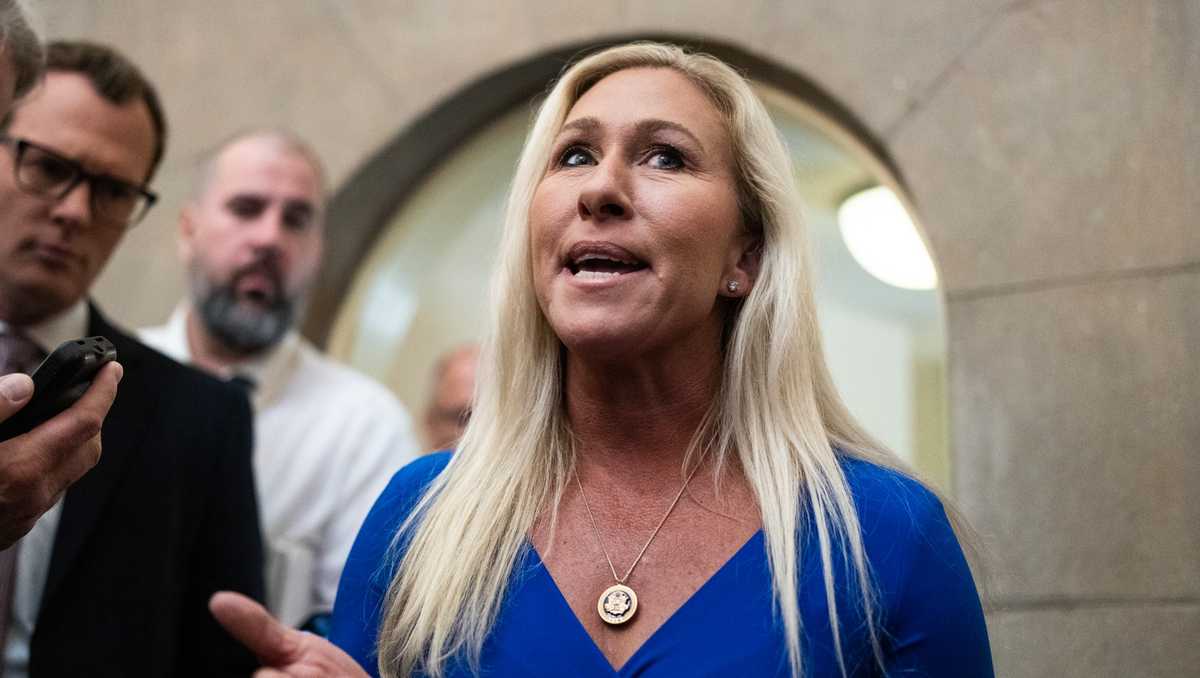Uncensored! If You Are a Black American & Struggling, Watch This Video!|Black History|Black Culture
Have you ever wondered why you or most of the Black individuals you see are often struggling financially? White counterparts, on the other hand, seem to be doing well compared to black people. Now, what’s the reason behind this financial disparity? Does it have anything to do with your skin colour? For those who don’t believe that money in America is related to the colour of your skin, we have some shocking statistics to share.
In the U.S., many black people live in poverty, with a few exceptions, as numerous reports have shown. What factors have led to this situation? Can someone be poor solely because of their skin colour?
Black Americans have faced centuries of oppression, beginning with slavery in the 17th and 18th centuries, which has had a lasting impact on their community. Even after the abolition of slavery, racial segregation and discrimination persisted well into the 20th century with the enforcement of Jim Crow laws. Discriminatory lending practices and redlining systematically excluded Black Americans from opportunities for homeownership and wealth-building following World War II, resulting in the development of segregated and impoverished neighborhoods. Despite the efforts of the Civil Rights Movement in the 1950s and 1960s, which led to significant legislative victories such as the Civil Rights Act of 1964 and the Voting Rights Act of 1965, systemic racism has not been fully eradicated. Structural racism is entrenched within various institutions in the United States, including education, healthcare, criminal justice, and employment, resulting in ongoing inequalities for Black Americans. Policies and practices perpetuate disadvantage and inequality, with initiatives such as the War on Drugs and tough-on-crime policies disproportionately targeting Black communities and leading to mass incarceration. Black Americans face overrepresentation in the criminal justice system, enduring harsher sentences and encountering barriers to reintegration upon release. Centuries of exploitation, including slavery and sharecropping, have deprived Black Americans of generational wealth, contributing to the enduring racial wealth gap. Discriminatory lending practices, redlining, and gentrification have further limited Black Americans’ access to affordable housing and property ownership. Despite the legal end of segregation, racial disparities persist in education, with many school districts remaining racially segregated, resulting in unequal resources and opportunities for Black students. Black students also face disproportionate disciplinary actions, feeding into the school-to-prison pipeline. Employment discrimination has relegated Black Americans to low-wage, unstable jobs with limited prospects for advancement, exacerbating economic inequality. Disparities in healthcare access, quality, and outcomes persist, leading to higher rates of chronic illnesses and reduced life expectancy among Black Americans. Additionally, Black individuals are disproportionately targeted by law enforcement, experiencing higher rates of police brutality, harassment, and wrongful arrests. Addressing these entrenched inequalities requires comprehensive systemic reforms, including policy changes, investments in education and healthcare, criminal justice reform, economic empowerment initiatives, and efforts to combat institutionalized racism and bias. Recognizing and addressing the historical injustices that continue to affect Black Americans today is essential to fostering racial equity and creating a fairer society for all.
Black people in the United States face a multitude of challenges and barriers, many deeply rooted in historical and systemic issues. One crucial aspect to consider when examining the difficulties confronting Black individuals is the long history of oppression they have endured over centuries. Starting with the institution of slavery, which persisted for generations, Black people faced systemic discrimination and brutality. Even after slavery was abolished, they continued to experience legalized segregation and discrimination under Jim Crow laws well into the 20th century. The lasting effects of this oppression have significantly impacted the socioeconomic status and opportunities available to Black people today. Systemic racism remains widespread across various sectors of American society, including education, healthcare, criminal justice, employment, and housing. Black people often encounter discrimination and unequal treatment within these systems, resulting in disparities in access to resources, opportunities, and outcomes compared to their White counterparts. Economic inequality is another significant challenge for Black people, as they experience higher rates of poverty, unemployment, and income inequality.
#BlackHistory #BlackCulture #TheBlackHistoryArchives #BlackHistoryDocumentary #HiddenBlackHistory










![Investing in Other Markets for Wealth Building [Video]](https://MinorityOwnedBiz.com/wp-content/uploads/2024/05/mp_120639_0_0jpg.jpg)
![Chairman Horsford to Join Vice President Harris for Kickoff of Nationwide Economic Opportunity Tour [Video]](https://MinorityOwnedBiz.com/wp-content/uploads/2024/05/mp_119394_0_0jpg.jpg)
![Time is Proving: The Power of Generational Wealth [Video]](https://MinorityOwnedBiz.com/wp-content/uploads/2024/05/mp_119316_0_0jpg.jpg)
